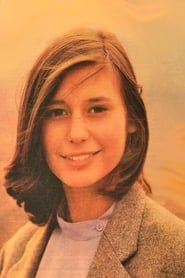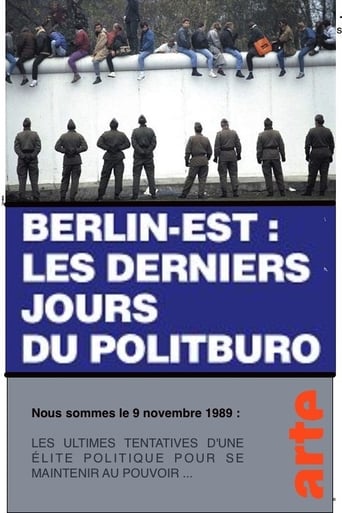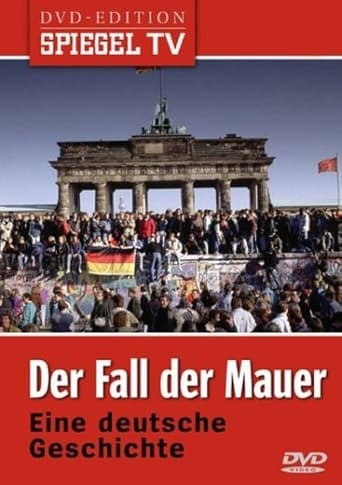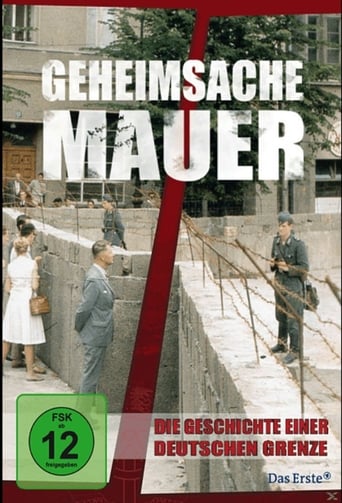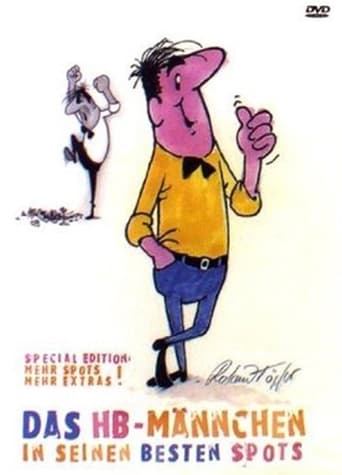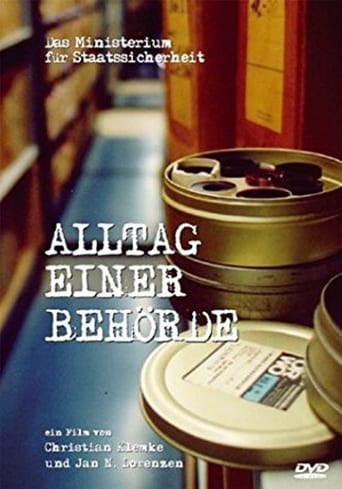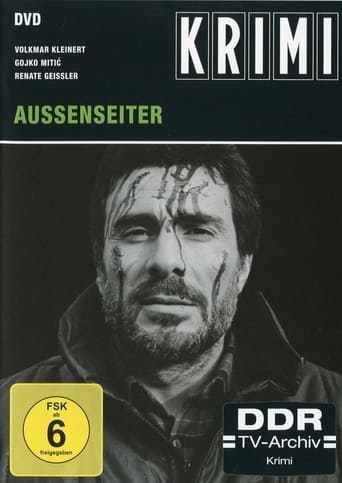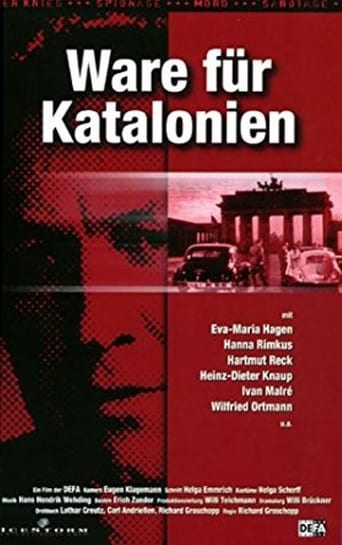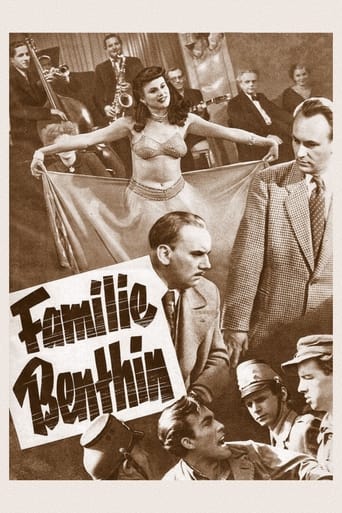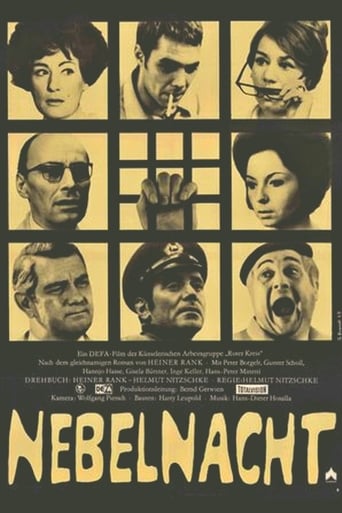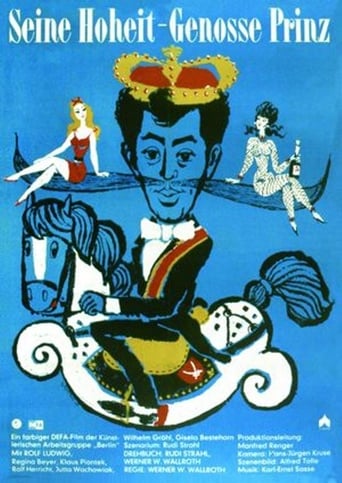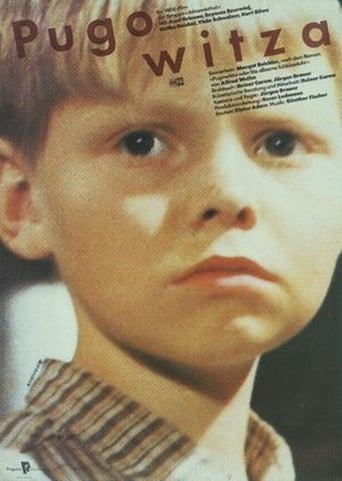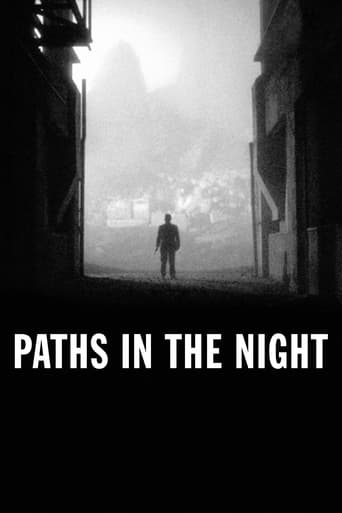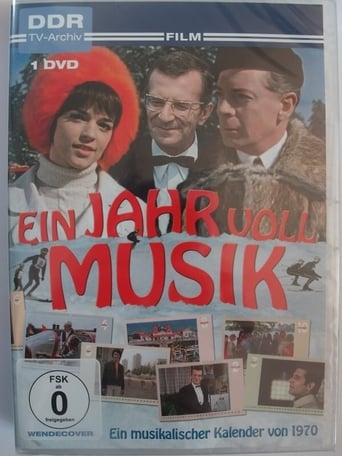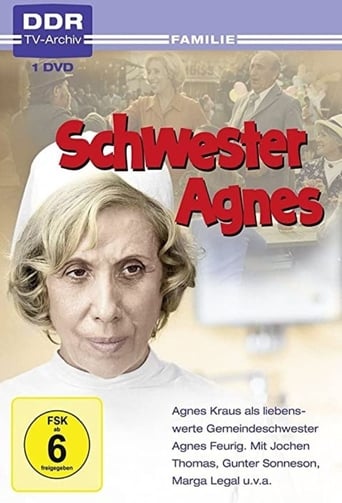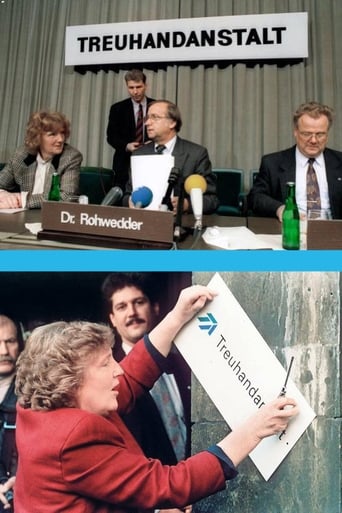
30 Aug 2012

Goldrausch - Die Geschichte der Treuhand
In the early summer of 1990, the Treuhandanstalt was founded to privatize the "state-owned" companies of the GDR. In the four years that followed, around 4,000 of these companies were closed and around two and a half million jobs were lost. Until its closure at the end of 1994, the Treuhandanstalt incured debts totaling 256 billion marks - the equivalent of around 150 million marks every day. The Treuhand also allowed itself to be cheated out of many billions of marks. This scandal was never fully investigated. Most of the perpetrators went unpunished or were not even charged.
